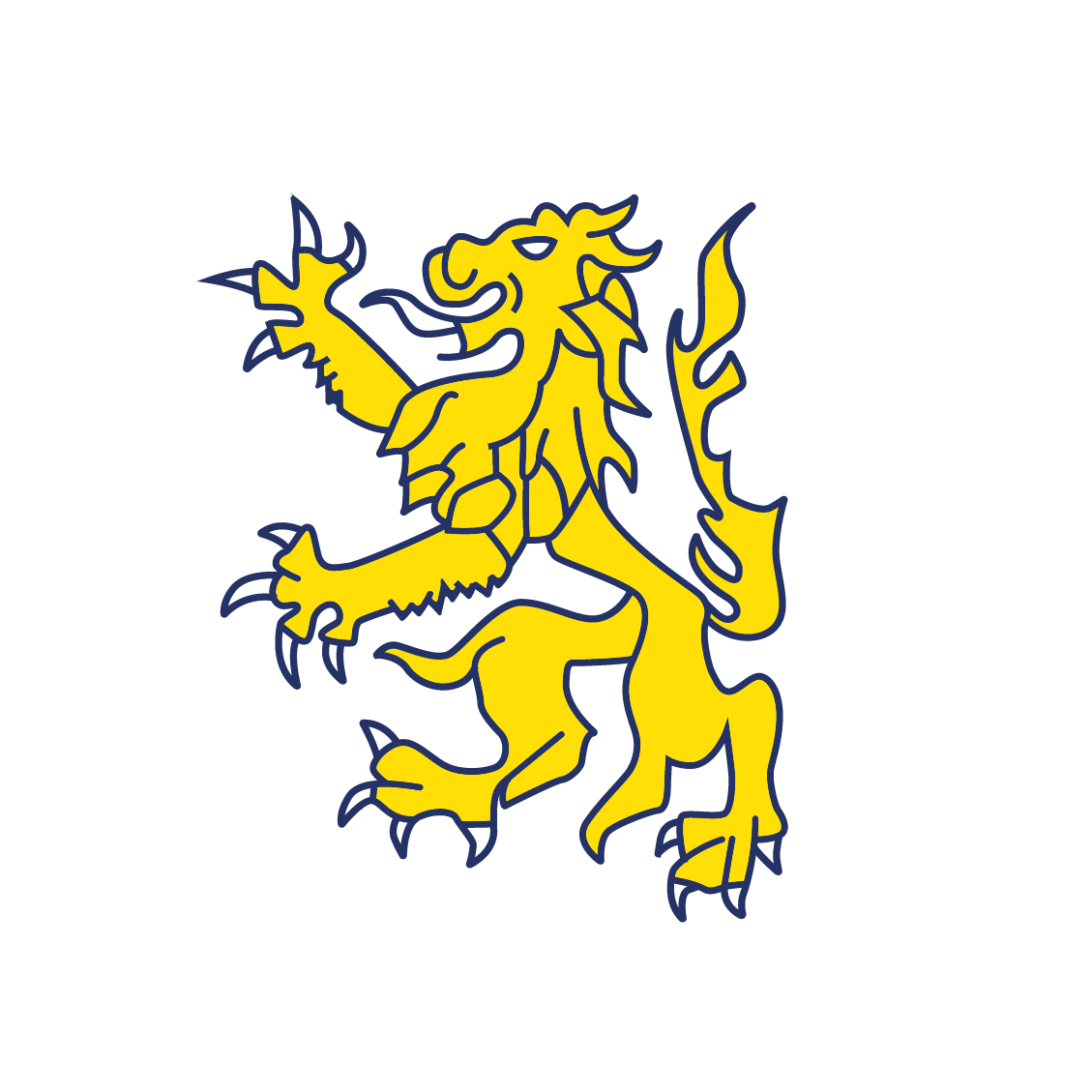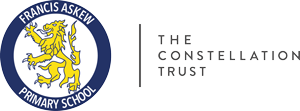
Maths – curriculum information
Intent
At Francis Askew, our maths curriculum has been carefully considered to enable our pupils to become fluent in the fundamentals of mathematics, through varied and frequent practice and with the challenge of increasingly complex problems over time. Developing reasoning skills, children follow lines of enquiry, begin to understand mathematical relationships and develop arguments and justification based on their mathematical knowledge.
Using the National Curriculum, alongside the White Rose maths programme of study, our subject leaders have carefully worked to create a Subject Progression Document where objectives for each year group are progressively mapped out towards clearly defined end points. This ensures our children will be given the required skills and knowledge they need to progress. The progressive objectives will also enable teachers to identify and plug gaps in pupils’ knowledge and skills.
Children will develop a deep understanding of key concepts in maths as they move through our maths curriculum. Key concepts have been carefully considered and identified as the core knowledge and skills required to successfully progress in maths. Opportunities to revisit and develop these key concepts are planned out carefully as the children move through the school to ensure that they are firmly embedded within their long-term memory. These key concepts complement work carried out across the school reinforcing our 6 broad curriculum drivers (see overall Curriculum Intent). The expectation is that, by the end of primary School, children will know and understand these key concepts to continue to build on their mathematical knowledge as they enter KS3.
Key Concepts:
- Number and Place Value
- Addition and Subtraction
- Multiplication and Division
- Fractions, Decimals and Percentages
- Geometry
- Statistics
- Shape
- Measures
Our progressive objectives show what pupils should know and be able to do in each aspect of mathematics by the end of each year group – progressively building up knowledge and skills related to the key concepts. The objectives build on previous learning and are used to support planning and the ongoing assessments of pupils’ work. In addition to this, pupils make rich connections across mathematical key concepts to develop fluency, application, mathematical reasoning and competence in solving increasingly sophisticated problems.
Our aim is to provide inclusive and aspirational learning experiences where pupils thrive and build the cultural capital, they need to make ambitious choices about their own futures, overcoming any barriers. In maths, this is promoted through collaborative and experiential learning opportunities, for example, developing financial awareness through enterprise projects, ensuring short term planning links key concepts to real life experiences, making cross curricular links with maths and other subjects wherever possible. These links with real life experiences allow children to gain relevant, concrete experiences in areas they might not ordinarily have the opportunity to encounter.
End points:
By the end of EYFS children will:
- Have a secure understanding of number and numerical Patterns across the new EYFS Framework
- Have a deep understanding of numbers to 10, being able to develop their skill of subitising up to 5 as well as automatically recalling number bonds up to 5 and even 10.
- Be able to count confidently, develop a deep understanding of the numbers to 10, the relationships between them and the patterns within those numbers.
- Use every day language to talk about size, weight, capacity, position, distance, time and money to compare quantities and objects in order to help them solve problems.
- Recognise, create and describe patterns, exploring characteristics of everyday objects and shapes, using their mathematical language to describe them.
By the end of Key Stage 1 children will:
- Develop confidence and mental fluency with whole numbers, counting and place value. This should involve working with numerals, words and the four operations, including with practical resources [for example, concrete objects and measuring tools].
- Develop their ability to recognise, describe, draw, compare and sort different shapes and use the related vocabulary.
- Be able to use a range of measures to describe and compare different quantities such as length, mass, capacity/volume, time and money.
- Know the number bonds to 20 fluently and be precise in using and understanding place value.
- Read and spell mathematical vocabulary at a level consistent with their increasing word reading and spelling knowledge at key stage 1.
By the end of Lower Key Stage 2 children will:
- Become increasingly fluent with whole numbers and the four operations, including number facts and the concept of place value.
- Develop efficient written and mental methods and perform calculations accurately with increasingly large whole numbers.
- Develop their ability to solve a range of problems, including with simple fractions and decimal place value.
- Be able to draw with increasing accuracy and develop mathematical reasoning so they can analyse shapes and their properties, and confidently describe the relationships between them.
- Use measuring instruments with accuracy and make connections between measure and number.
- By the end of year 4, pupils should have memorised their multiplication tables up to and including the 12 multiplication table and show precision and fluency in their work.
- Read and spell mathematical vocabulary correctly and confidently, using their growing word reading knowledge and their knowledge of spelling.
By the end of Upper Key Stage 2 children will:
- Extend their understanding of the number system and place value to include larger integers. This should develop the connections that pupils make between multiplication and division with fractions, decimals, percentages and ratio.
- Develop their ability to solve a wider range of problems, including increasingly complex properties of numbers and arithmetic, and problems demanding efficient written and mental methods of calculation.
- Be introduced to the language of algebra as a means for solving a variety of problems.
- Develop their understanding of geometry and measures to consolidate and extend knowledge developed in number.
- Classify shapes with increasingly complex geometric properties and learn the vocabulary they need to describe them.
- Be fluent in written methods for all four operations, including long multiplication and division, and in working with fractions, decimals and percentages.
- Read, spell and pronounce mathematical vocabulary correctly.
Implementation
At Francis Askew, our maths curriculum is carefully mapped out into a long-term plan. This outlines when key concepts will be taught and revisited and shows how these concepts progressively lead towards children achieving our identified maths curriculum end points. The long-term plan also enables links between subjects to be identified and carefully planned for to support children’s retention of knowledge and skills.
Short term planning in maths is informed by the subject’s long-term plan (based on the subject progression document) and the White Rose materials. Lesson objectives are clear and sequenced so that outcomes are secure and meaningful. Children do not learn objectives in isolation but continue to embed these through carefully planned application of their learning throughout the year. A clear calculation policy supports staff in their short term planning, ensuring that teaching facilitates pupils understanding of concepts through concrete, pictorial and abstract representations.
All children will have access to the maths curriculum with work being tailored appropriately for children with SEND – modifying end points so that they are appropriate but remain aspirational. Any child working below their age-related expectation, will receive a tailored curriculum with personalised objectives. Staff use the Ready to Progress Criteria (DfE 2020) to ensure that prior knowledge is taught before moving on and that learning is broken down into small steps. This enables all children to build the skills and knowledge needed to bridge the gap between themselves and their peers enabling them to reach their full potential.
The development of children’s oracy is also given a high profile and is promoted through the use of subject specific terminology and vocabulary needed to work as mathematicians. When discussing, debating and presenting new knowledge learned within our curriculum, children will be directed to specific and progressive vocabulary.
A typical teaching sequence in maths will cover the following aspects. The order and areas of focus will be adapted to suit the key concept being taught:-
1. Recall of number facts – focus on key arithmetic skills
2. Practical activities using a range of manipulatives, allowing children to develop concrete, pictorial and abstract understanding of concepts.
3. Pupils demonstrate their knowledge through various fluency tasks / questions
4. Pupils apply their knowledge and skills through reasoning and problem solving
5. Individual, group and whole class activities, tasks and discussions take place
6. Work with ICT when appropriate (calculators should be introduced near the end of KS2 when written methods and mental arithmetic strategies are secure)
7. Master formal, written calculation methods
8. Develop mathematical vocabulary and present a mathematical justification, argument or proof.
At the beginning of each unit and throughout, children revisit prior learning and link this to new concepts being taught. Additionally, at the end of a learning sequence, children reflect on their new learning and skills and there is opportunity for further teaching when knowledge or skills have not been retained.
Impact
A wide range of strategies are used to measure the impact of our maths curriculum. Our teaching sequences allow for regular low stakes assessments of how well children are retaining key knowledge and how well they can apply the knowledge and skills learned.
Formative assessments are carried out regularly by teachers during and after each lesson, which inform future planning. Where learning is not secure, additional learning takes place to address this. Additionally, summative assessments are carried out each term by using an internal assessment tool. As a result of these assessment tools, children’s misconceptions or gaps in subject knowledge and skills are addressed and additional teaching and support is provided.
Our subject leaders also monitor the effectiveness of the maths curriculum through carrying out regular monitoring evaluations. These evaluations are quality assured by the Curriculum Lead, Senior Leadership and Governors.
The effectiveness of maths is also monitored through pupil and parental voice throughout the course of the year.
